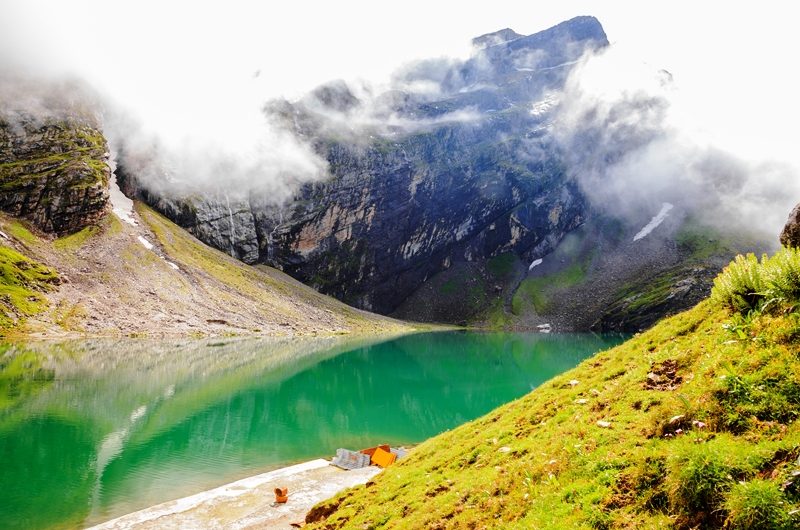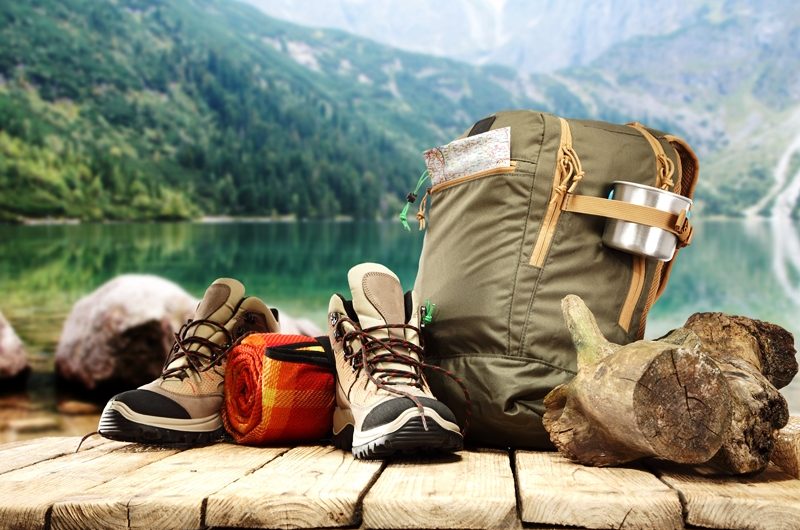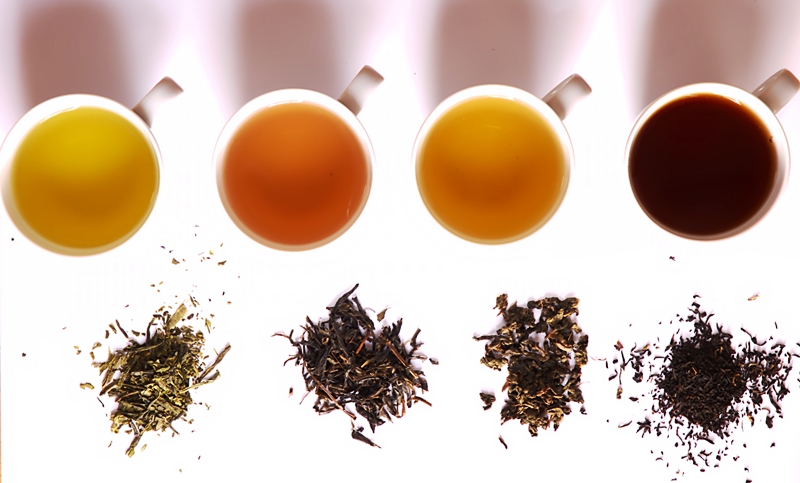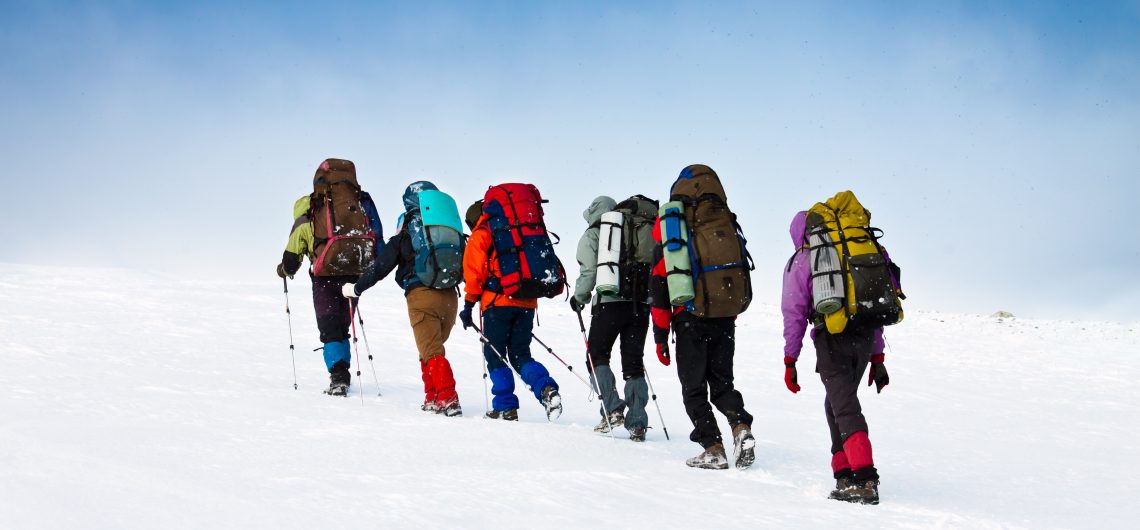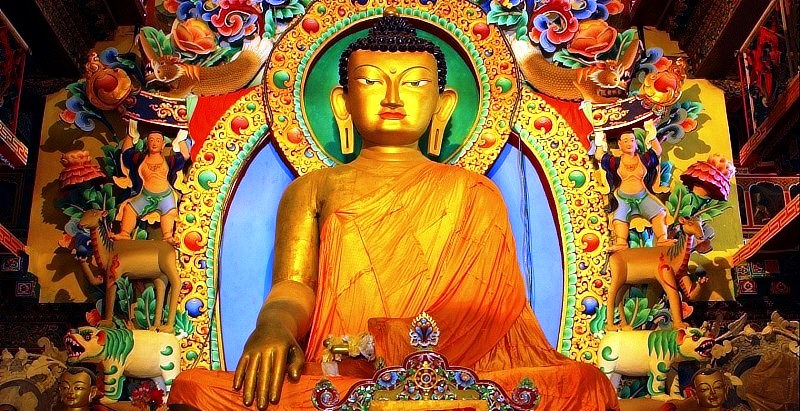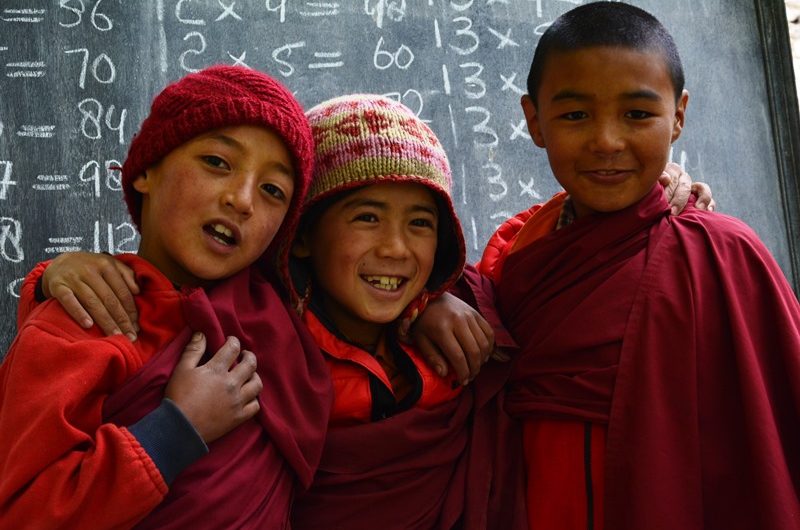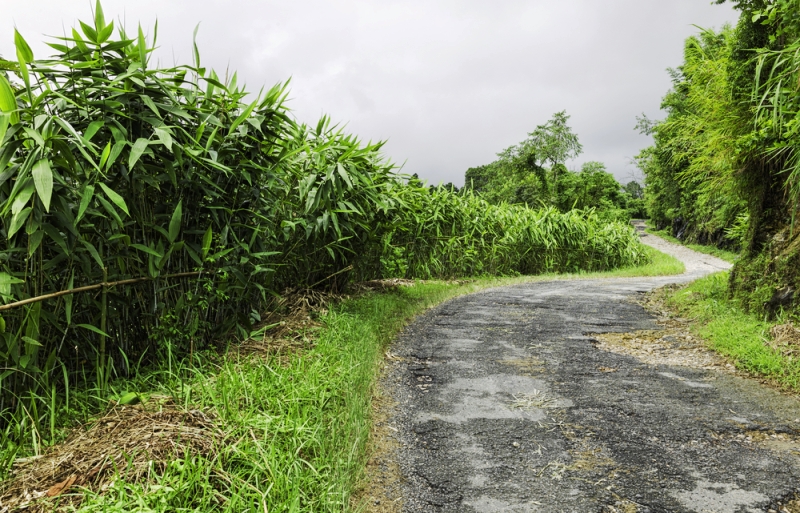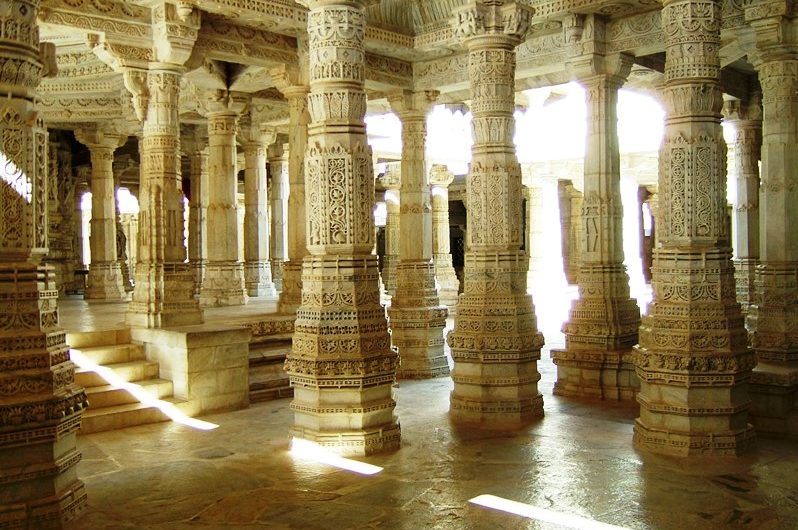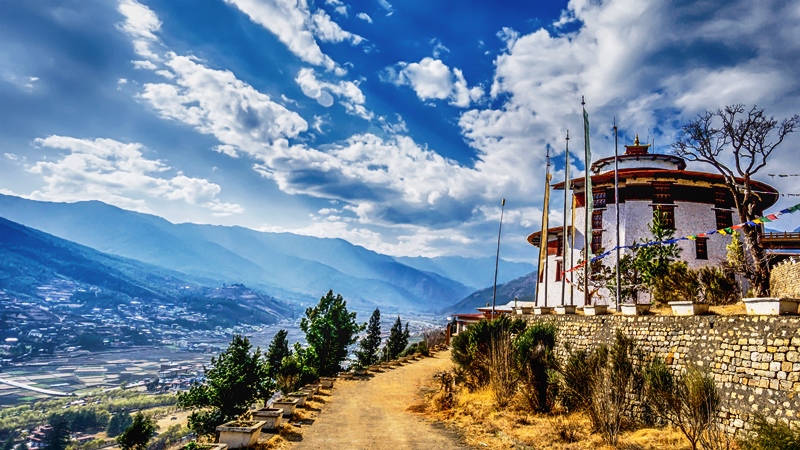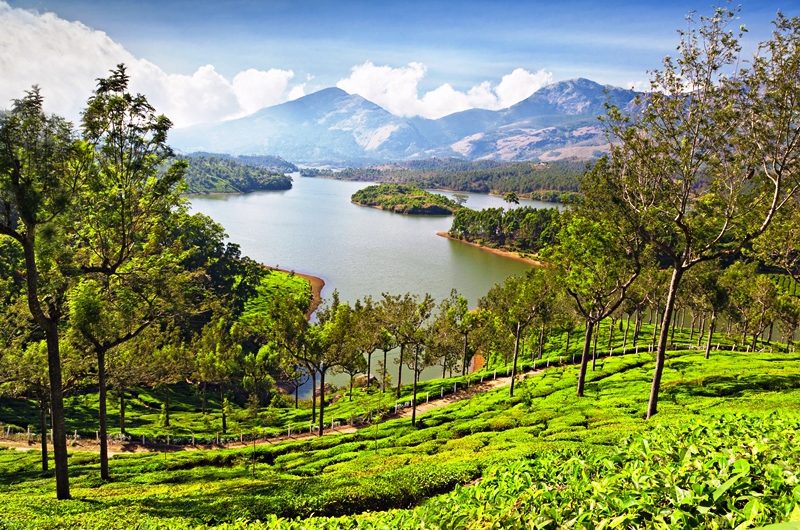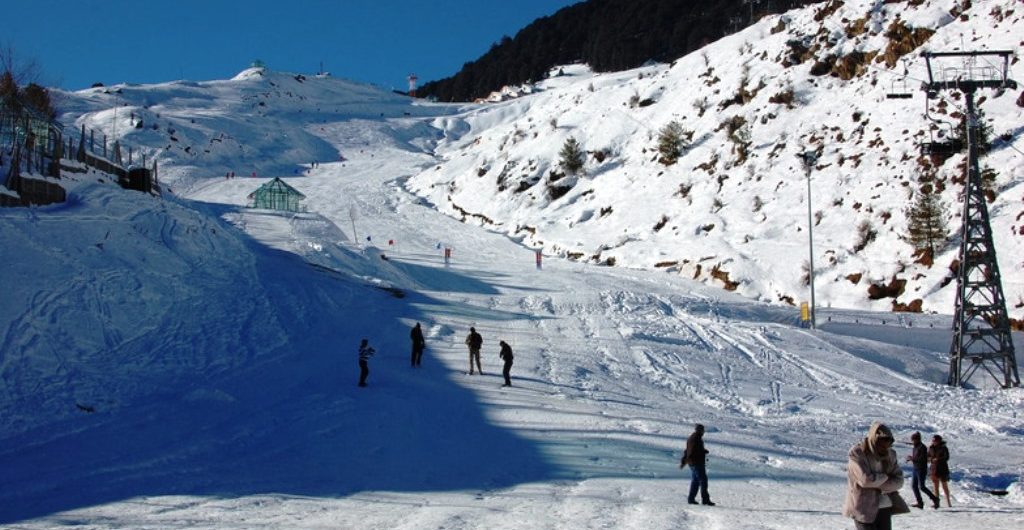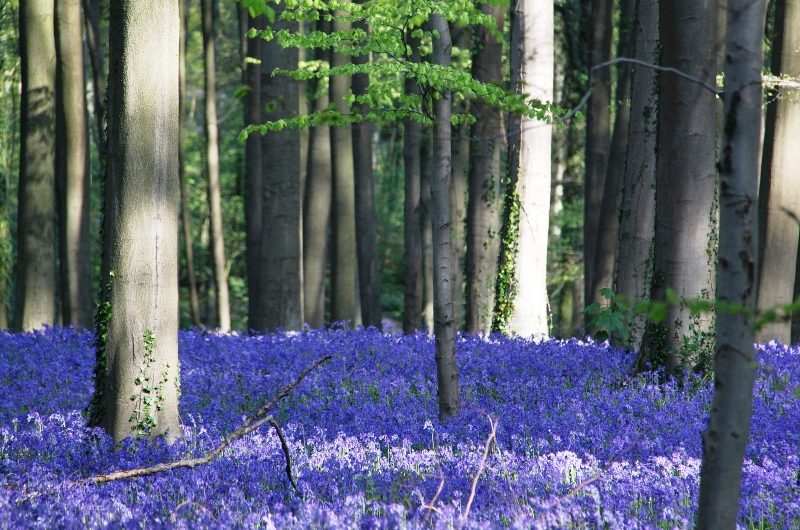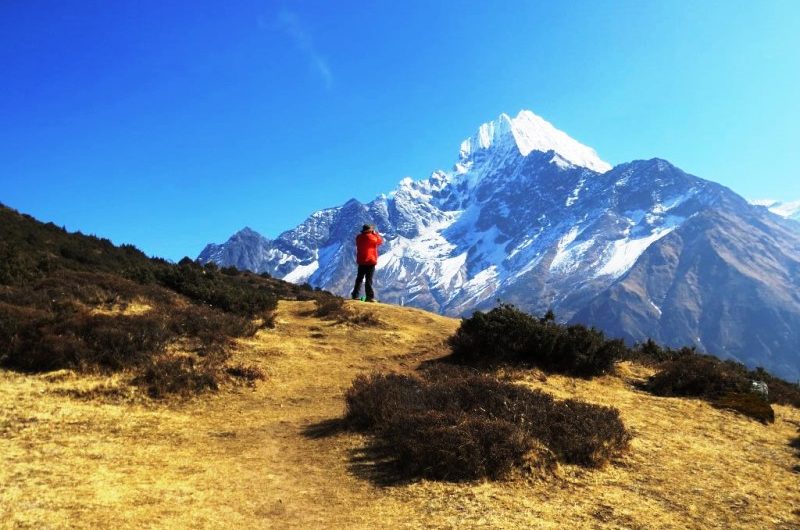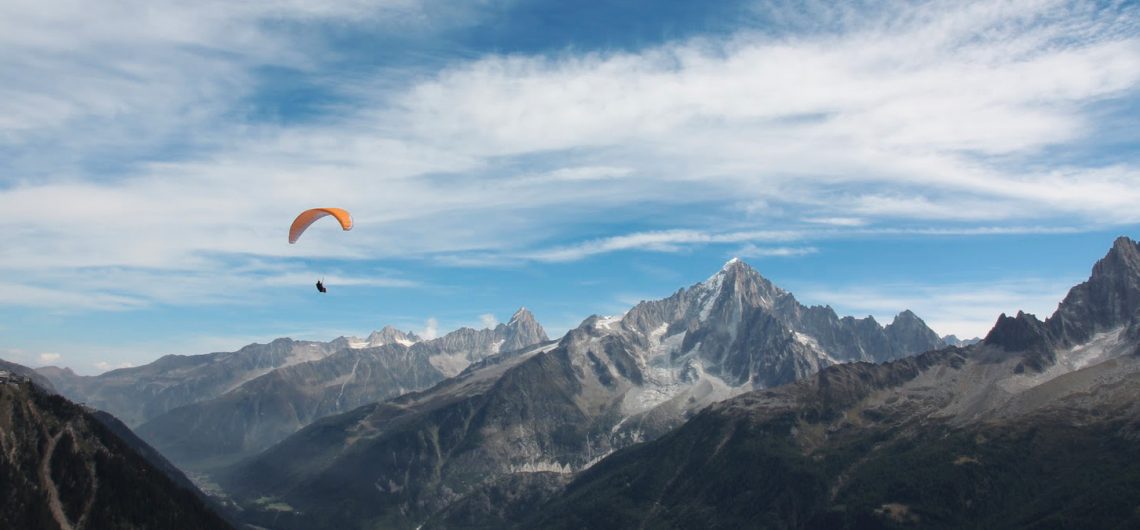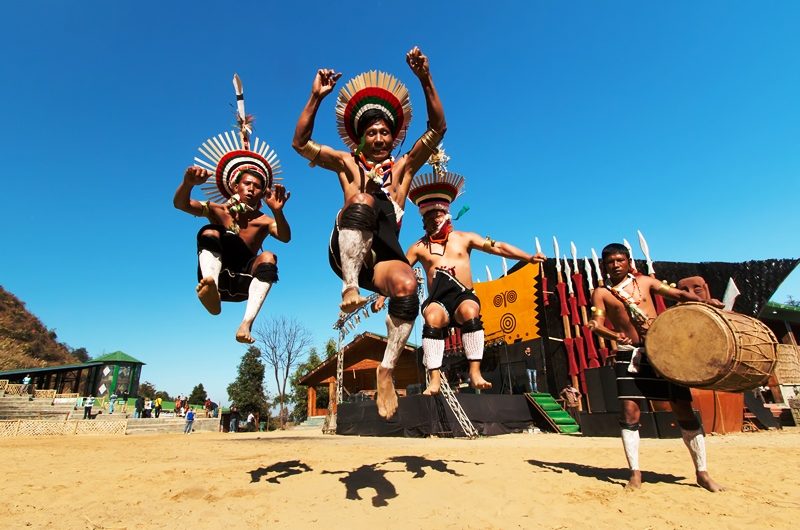The beauty of the Himalayas lies not only in its majestic snow-clad peaks, but also in its indigenous people and wildlife…also in its rugged terrains, and breathtaking rivers and lakes. And to witness these facets of this region, nothing can better than a trekking expedition! So, if you are planning a trip to this part of the world, then be ready to indulge in some adrenaline-pumping trekking action.
One of my friends is a complete adventure freak, and consistently goes on bike tours and other thrilling ventures. A few weeks ago, he went trekking in Uttarakhand, and I was just waiting for him to come back so I’d have amazing stories to hear and pictures to see. Did I mention that he is a brilliant photographer? So, as soon as he got back and settled into his regular life, I went to meet him and ask about his experience, since I am quite intrigued by the magnificence of the state. To my utter surprise, he had only a few good things to say about the trip and was constantly complaining about how his whole trip was ruined by a shoe-bite.
A shoe-bite is one of those ugly sores you get on your feet when you wear ill-fitting or sometimes brand new shoes. Have you ever had one of those? These are brutal. My friend complained that as he was trying his trekking shoes for the first time, he was left with paining ankles for most part of the jaunt. He had a basic first aid kit, but that was unable to heal the wound in time. This kept him from enjoying the trip to the fullest and resulted in wastage of money as well as time. But, it didn’t necessarily have to be that way. He could have simply avoided it had he bought those shoes well in advance, and spent a few weeks walking in them., One mistake spoilt his adventure.
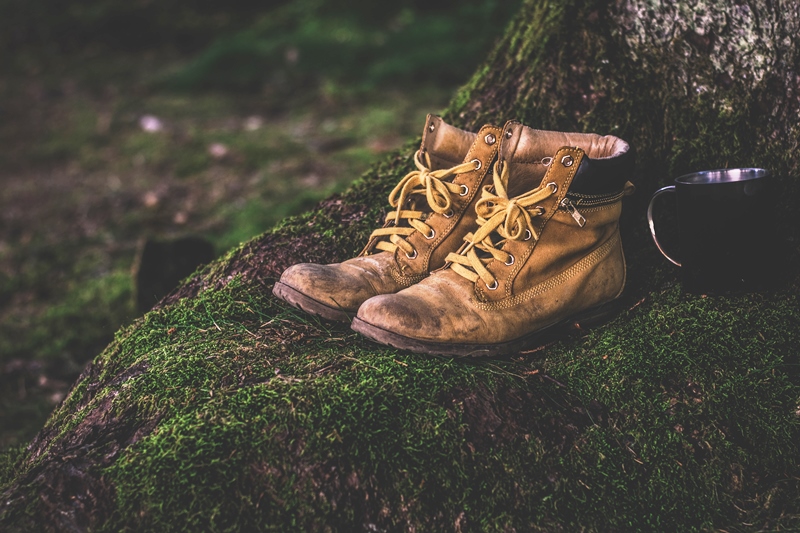
This got me thinking that if something as small as a shoe-bite, which is totally unexpected, can ruin a trip, there could be so many other mishaps that could result in you not being able to enjoy the hike. So, a few days ago, I reached out to my traveller friends and asked them if they have been in similar circumstances. Surprisingly, they had many ‘interesting’ stories to tell of how their carelessness or ignorance ruined their holiday. Based on their experiences, I have compiled a list of a few things that every trekker or mountaineer should keep in his/her luggage to keep away from those ’shoe-bites’. I’ll also be suggesting a few tricks and hacks that can come immensely handy in times of need.
- Diamox: As you must have already guessed or may know, it is a medicine. If you go to altitudes of over 8000 or 9000 feet, you may feel dizziness, fatigue, consistent headache, nausea, shortness of breath or loss of appetite. These are the symptoms of acute mountain sickness or AMS. If the condition gets a little severe, there could be tightness in your chest, heavy cough, paleness of complexion and even decreased consciousness. Dosages of Diamox can help prevent or reduce these symptoms. Obviously, you shouldn’t just buy these medicines from a pharmacy and take one whenever you think you need it. Visit your physician before you leave for trekking.
- Magnesium Flint Stones: Camping is undoubtedly an amazing experience. Lying under the clear sky in the middle of a lush forest or meadow; what could be a better overnight stay than that? But, what if you are camping at high altitudes in the Himalayas and all your matchsticks get wet or burned out, or your lighter is out of gas and you have to spend a night in the camp without fire? In case you are going camping, do not make the mistake of relying on matchsticks or lighters. Carry a magnesium flint stone, which will start a fire for you in a few seconds, whatever the weather may be.
- Plastic Straws: This may sound funny, but these small, hollow plastic things are much more useful than just for sipping cola out of a container. You can use plastic straws to carry anything from salt and spices to toiletries like shampoo or liquid soap. What you do, is block one side of it by folding and sealing it with tape. Then, you fill it with the thing you want to carry and seal the open side of the straw the same way you did the first, and voila!
- Coconut Oil: Most of us only saw coconut oil, when our moms used it to condition hair, but there’re numerous other benefits of it than you can count on your fingers. While it can be used for cooking, it also acts as moisturiser, protecting your skin from cold winds at high altitudes. You may not believe it, but you can also add a little of it to your cup of coffee to get an energy boost. If only my friend had a little bit of camphor and coconut oil, he could have used it to cure his shoe-bite.
- Zip Lock Bags: These plastic bags can solve major problems if you ask me. Anything and everything can be stored in these, be it eatables or gadgets. These bags will also keep your passport, money and other documents from harm. You can even use them to store your wet clothes while trekking. Just don’t keep them wet for too long as they might start to stink, and you don’t want that. You can empty packets of potato chips in one of zip lock bags and save them to enjoy later, and do carry those chips; they are a good source of sodium, which you will need for hiking.
- A Book about Regional Flora: Have you ever heard the saying, “every rose has its thorn”? Well, the next flower you smell or touch on your trek might have a little more than just a thorn; it could be poisonous. Also, the delicious-looking fruits and berries might also do more harm than good. Therefore, it is better to know about these little things, which you can do by buying a book on the regional flora. In case you aren’t an avid reader, you can just pick up the book before going to bed. Even if you don’t learn anything, it might just help you go to sleep.
- LifeStraw: Although if you plan well and everything goes right, you won’t face such circumstances, finding clean water for drinking can become an issue on a trek, especially when you are far from a village or town. One can drink water from a lake, pond or river, but who’s to say there isn’t harmful bacteria or parasites in it? LifeStraw is an internationally recognised product that can be a lifesaver in times of emergency. One of these straws can purify up to 1000 litres of water, so you don’t need to buy a new one every time you go trekking.
- Swiss Army Knife: A Swiss army knife is an important thing to carry on your trek. I do not just recommend it to hikers, but to every traveller. This pocketable tool can be your screwdriver, wire stripper, wire cutter, can opener, bottle opener, wood saw, scissors, corkscrew, or a knife, obviously; this list goes on. There are numerous models that you can choose from, based on what all you want to do with it. If not for the functionality, just own one ‘cause it’s cool.
- Duct Tape: Duct tape is just like the coconut oil of synthetic products; there are infinite uses of it. Almost every broken thing can be fixed with duct tape, except for relationships maybe, and while wandering thousands of feet above the ground, you never know what might happen at the next step. It can prove to be quite handy to carry duct tape. You can just roll a few feet of it on your trekking pole, so it doesn’t even take any space in your luggage.

After talking about what to pack, let’s take two minutes to talk about how to pack, which is equally important. I recently learnt a trick from one of my friends that rolling clothes instead of folding them saves a lot of space. What you do is fold the trousers vertically once and then roll them from bottom to top. You can also Google how to army-fold them. The tricks are really amazing.
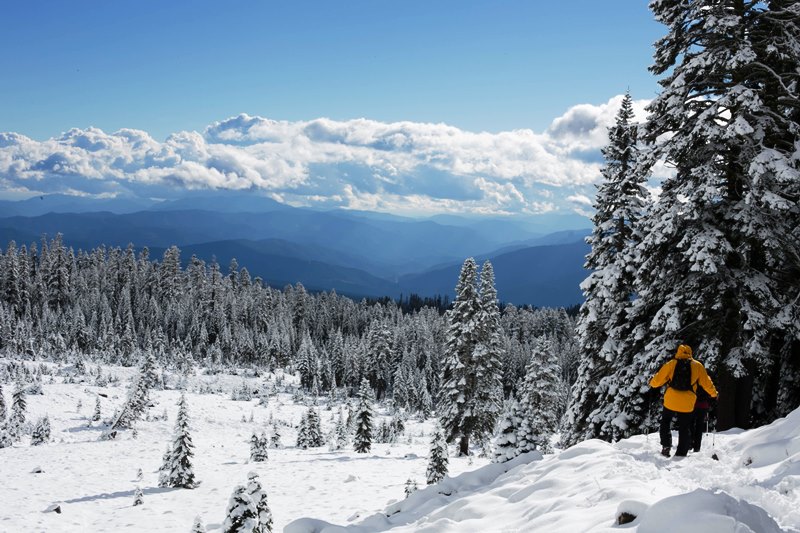
Pack not just what would need on the excursion, but also what you could need. Proper packing is one of the best mantras for a successful trek. Carrying the above-mentioned things, you can remain prepared for any unexpected circumstance that may arise.
May all your sojourns be as blissful and adventurous as you want them to be.
Ask any Indian if they like tea, and almost 90 per cent would answer in the affirmative. Every street corner you walk to, you will find a tea stall, and almost every time, they are literally crowded with connoisseurs and casual drinkers. Every morning, we wake up and have a cup or glass of tea. People from hilly areas, especially love their tea. Ask me, being from the hills, I can attest to the fact that for us, tea is one of the most prized things. Anyway, hill people or not, everybody loves tea here. There are so many local renditions of the drink in India: Karak Chai, Masala Chai and so forth. Unlike in England, where the 4:00 pm afternoon tea is like a whole culinary ritual with specially made finger food, tea time here is an occasion to take a break from whatever people are doing, and sit down together to chat and share some light moments.
Trekking really is a great activity for a nature lover and adventure freak. Seeing nature at its best, breathing the cool, clean air, climbing mountains, such bliss. But, like everything in the world, it has a downside, in the form of health risks. Every now and then, we keep reading about avalanches and rock falls high up in the mountains trapping hikers. Did you know that on the strategically important Siachen battlefield, more soldiers have died due to adverse weather conditions than from bullets?! Just last year, a massive earthquake hit the Everest Region, killing at least 19 people! While none of this could have been avoided, there is one weather-related condition which can be, and mind you, it can be a killer too: AMS.
“Just as a candle cannot burn without fire, men cannot live without a spiritual life.” – Buddha
Religion and spirituality bring people together. Though no two individuals are alike, their religious and spiritual beliefs can be. Lord Buddha gave to the world what only a few have been able to; he gave a path to eternal peace and satisfaction, the state called nirvana. The religion which began with a man under a pipal tree in Bodhgaya has spread to all corners of the world. Today, more than 350 million people follow the path that Gautama Buddha suggested, and live their lives as per his teachings.
It is not necessary to work for people; you could keep Mother Nature pure for the betterment of living beings. If you want to do something good for society and fulfil your duty as a responsible person, you do not need to be continuously attached to an NGO or make hefty donations. You could simply volunteer for a few days and help loads of people. Would you believe me if I said that you could do all this while on a vacation?!
How beautiful would a place be, the name of which translates into the Abode of Clouds?! I am talking about Meghalaya, one of the seven states in Northeast India. The Northeast is arguably the least explored part of the country, and this is perhaps why it is not as chaotic and commercialised, and also as polluted as the rest of India. If you are anything like me, then you would want to stay in such a place, rather than concrete jungles. Now, I know it is a bit exaggerated as it is not possible for us to leave our job and comfort of city life to go live in the middle of nowhere. But, at least we can take a trip to a place like this; just to see how amazing nature looks, undisturbed by human influence.
Rajasthan, the name which translates into the Abode of the Kings is enough to make one think of unmatched royalty and grandeur. You do not need to mention the myriad opulent palaces that dot this state. But even if you do, you can’t just stop with one or two, since there are many and every single one of them is more captivating than the other. From Lake Palace of Udaipur and Umaid Bhawan Palace of Jodhpur to Lalgarh Palace of Bikaner and City Palace of Jaipur, these man-made marvels are located in every nook and corner of the state.
Moreover, these are not the only points of interest to explore; there are numerous others. For instance, if you are in the Pink City, you can spend time exploring Hawa Mahal, Amer Fort, Jantar Mantar or Nahargarh Fort. In case your Rajasthan trip brings you to the City of Lakes – Udaipur, do not miss to visit City Palace, Monsoon Palace, Jag Mandir or Saheliyo Ki Bari. I can go on and on with the other cities of Rajasthan, but that’s no use. All of us know about these attractions, even those, who haven’t been to Rajasthan even once. There’s a lot to see and explore here.
I was shocked when one of my friends told me that he had grown tired of visiting the state. I thought that maybe because he is from Rajasthan, he must have seen everything. But then I found that this wasn’t the case. While conversing, I asked him about his trip to Alwar, and to my surprise, he told me he hadn’t been there. How can anyone claim to have explored the whole of Rajasthan when you haven’t even been to Alwar once? I know it’s not that popular, but it’s a visit-worthy destination.
While talking about the kingdom of Bhutan, nothing much really comes to mind; except for some basic facts like it lies in the Eastern Himalayas and is a landlocked country wedged between India and China. But, most of us don’t have the slightest clue about what this small country actually is. It has been enveloped in mystery for a long time, until the curtain, which has kept it hidden from the eyes of the world, slowly started lifting and the universe got to know that Bhutan is considered the happiest place on earth. Not only that, but it also measures its growth and development by calculating the Gross National Happiness? Yes, that’s true!
Freedom is a feeling, which cannot be expressed in words. I know we have left monarchy far behind, but sometimes I feel like we are still not liberated. The chains of responsibilities have kept us from doing what we love. When these bonds get too heavy, we need to break them off and escape. Live life like a nomad and see the treasures of the world; do something adventurous and feel what it really is to be free. I guess there is no better way to feel free than being on a motorbike trip. They say life is about the journey and not the end, and isn’t that exactly what a motorbike trip is? You pick up your bike, get the tank full, and then see where the path takes you; leaving behind the mundane.
Not only for the youth, but a motorbiking adventure is also for the ones who are young at heart; people who are passionate about riding endlessly. Freedom is what they seek and are ready to travel hundreds of kilometres just to get that feel. Na, I haven’t been on a bike trip yet, but I plan to and which place could be better for it than India – the land of different terrains. Here is a list of some of the best biking routes in the country that are just waiting for the daredevils.
Delhi to Rajasthan: A Ride through the Land of the Kings
Rajasthan is a place that everyone must visit at least once in their lifespan, be it to see the opulent palaces, or estimate the strength of the erstwhile rulers with the mighty forts they got constructed.
A bike ride through the different cities of Rajasthan is a brilliant way to explore the landscape of the state and see its hidden gems. Just make sure you have ample time to enjoy the Rajasthani hospitality to the fullest. After beginning from Delhi halt at the small town of Mandawa, your first step into the Rajasthani heritage. It is a 250 km journey. What follows is a trip through Bikaner, Jodhpur, Udaipur, Pushkar, and finally, Jaipur. The journey will let you explore Junagarh Fort, Mehrangarh Fort, Umaid Bhawan Palace, the City Palace of Udaipur, Monsoon Palace, Saheliyon Ki Bari, Brahma Temple, the City Palace of Jaipur, Hawa Mahal and Amer Fort. The complete venture, ending back in New Delhi, is around 1800-km long.
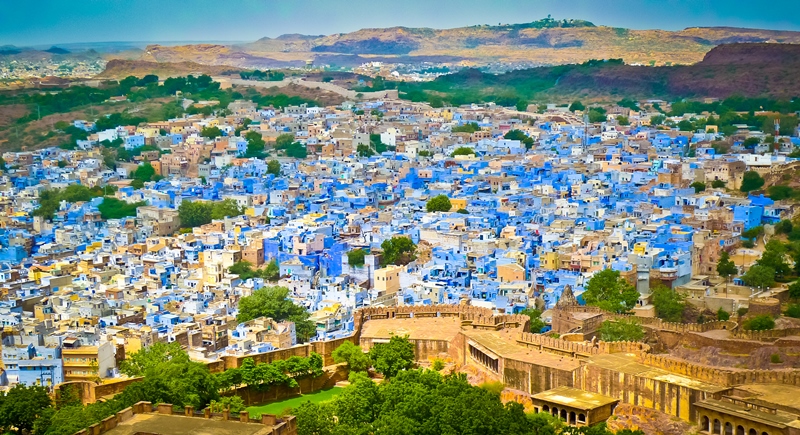
Guwahati – Tawang – Zemithang – Nameri: A Scenic Trip through Arunachal Pradesh
Arunachal Pradesh was hidden from the eyes of the globetrotting crowd for a long, long time. Since its awe-inspiring natural splendour and cultural heritage has been unveiled to the world, it has become a major tourist destination. A bike trip in the state will give you a glimpse of the quintessential Himalayan landscape. Riding on its winding roads, along the gushing rivers and through dense national parks, you will forget about the stress of the city life.
The 10-day long, 1200-km journey begins from Guwahati and brings you to Tezpur. After which, you can drive for about 325 km over the course of two days to reach the Tawang town, crossing Sela Pass en route. Needless to say, if you are in Tawang, you must visit the namesake monastery and admire its murals. The sojourn also introduces you to the beauty of Zemithang, and Dirang – better known for its hot springs.
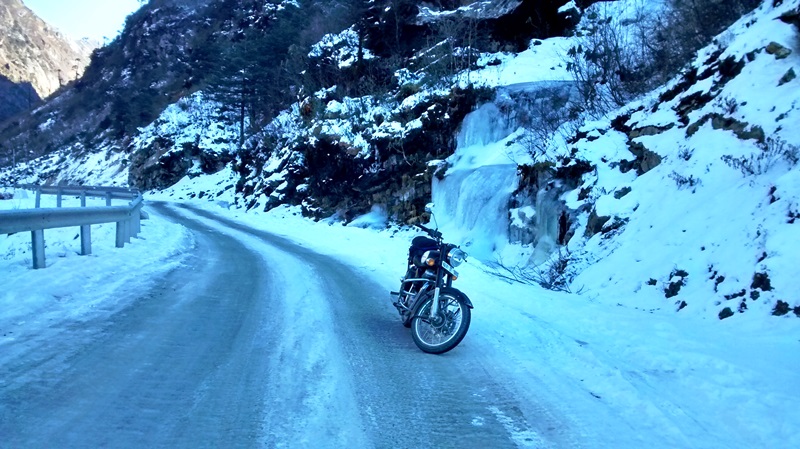
Delhi – Manali – Leh – Kargil – Srinagar – Delhi
I believe it is a sin to not mention a Delhi–Ladakh trip when talking about the best motorbiking routes in India. A favourite of many is the Leh via Manali segment and then return via Srinagar; hence, completing a full circle. The journey is about 2250 km, but if you add trips to Pangong Tso and Nubra Valley, it rounds at about 2800 km. Now, this is some way to spend two weeks.
Begin the trip with a thrilling 250-km journey from Delhi to Chandigarh, followed by a 310-km road adventure to the hill town of Manali. Between Manali and Leh, there are two pit stops, namely Jispa and Sarchu, where riders can relax after a long day of conquering winding roads. On your way, you will pass numerous passes like Khardung La, Nakee La, Tanglang La, Lachung La and Rohtang La. One of the most thrilling sections of this trip is the Gata Loops – a series of 21 hairpin bends. You will never know what will come your way till you reach the turn.
The majestic Pangong Tso and the ever-beautiful Nubra Valley are only a day’s drive from Leh. Many people choose to return via the same route that they took to get to Leh, but I do not see much fun in that. If you head to Kargil, you can return via Srinagar, and get to drive on a few other high passes like Zoji La and Fotu La.
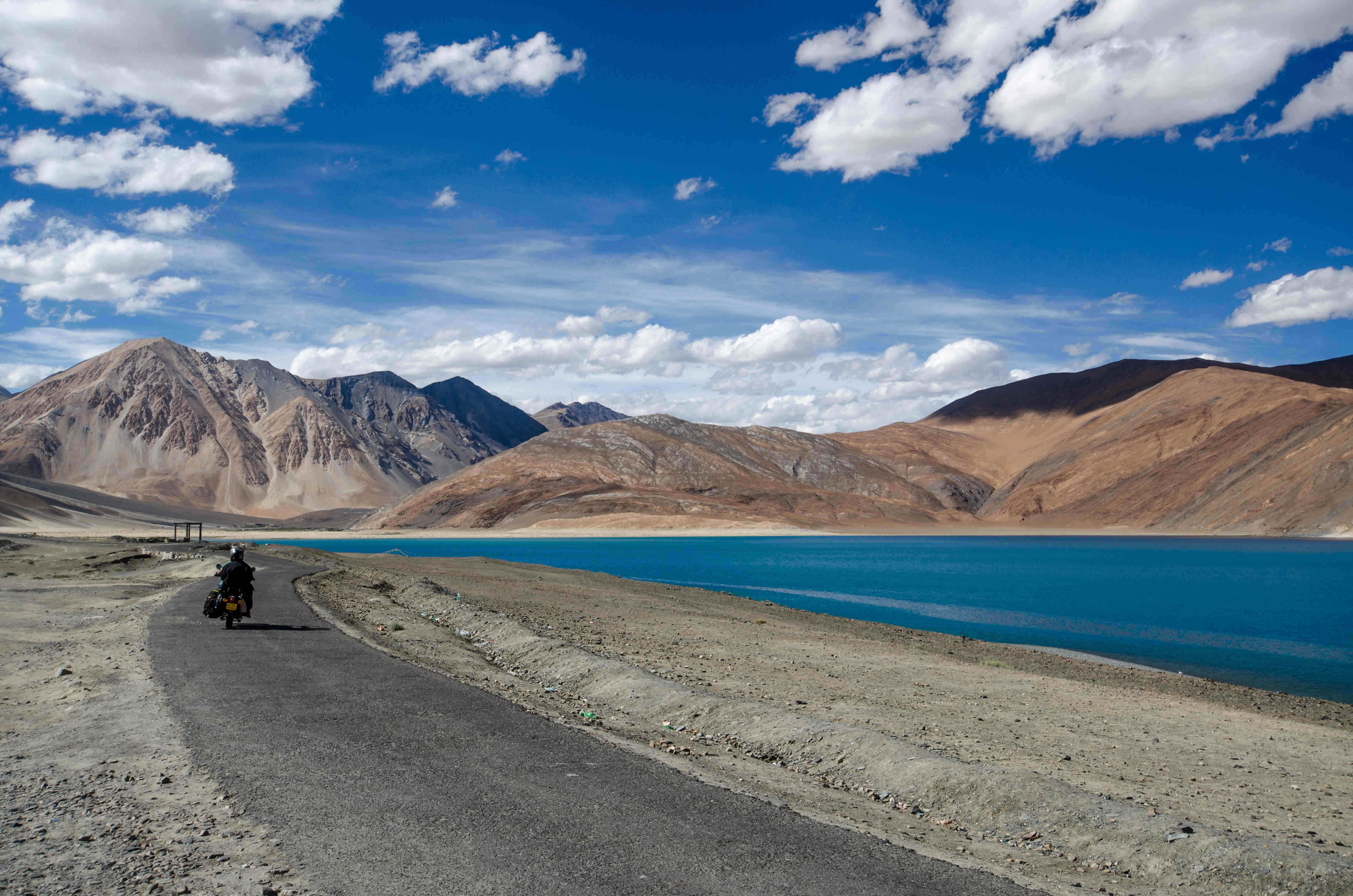
Kanyakumari – Alleppey – Munnar – Ooty – Gokarna – Goa: Beaches, Backwaters, Hills and More
While thinking of a bike trip in India, only the above-mentioned places come to mind. But why? The southern coast of India is undoubtedly beautiful and who says exploring it on a bike is a bad idea. The journey can be started from the southernmost town of Kanyakumari and you can travel towards Goa from there. There’s a lot to see, do and admire between the two destinations. If you choose to travel with an operator, you get to start your adventure from Bangalore, and reach Madurai before Kanyakumari. The backwaters of Alleppey will win your heart just as much as the sight of snow-capped Himalayas does. A visit to Alleppey will be complete only with a night stay on a houseboat.
Like Alleppey is the realm of scenic backwaters, Munnar is synonymous with misty hills and sprawling tea and spice plantations. One breath in its salubrious environment and you will forget every hardship you might have faced during the excursion. In two days, you can reach Goa, the ultimate party destination in the country.
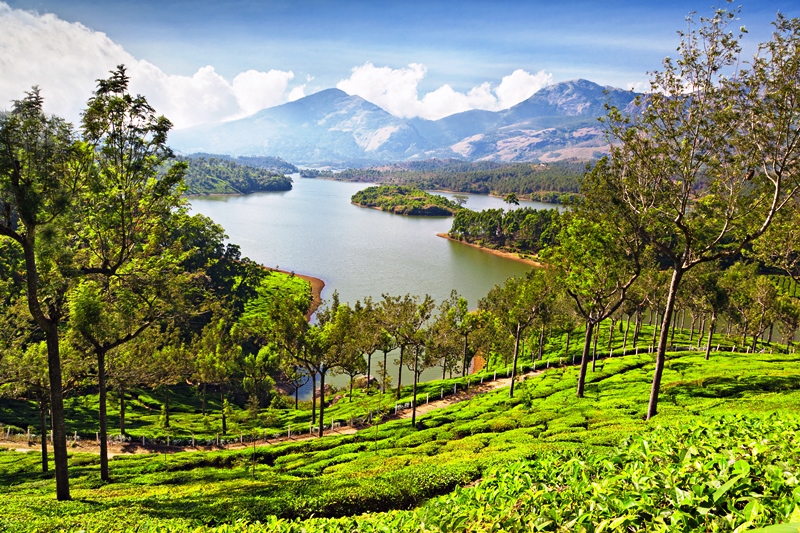
Bangalore to Coorg
It is a short scenic drive to unveil the beauty of the Western Ghats. Being dominated by misty, rolling hills, Coorg or Kodagu makes for one of the best weekend getaways from the bustling city of Bangalore. A perfect escape, the 270-km ride takes you through lush forests of teaks and coffee plantations. The district in itself is quite large, precisely 4102 sq km; therefore, there are aplenty points of interest to explore here. Riders can take the adventure a notch higher by visiting the famous Nagarhole National Park. The 643-sq km wildlife park is home to animals like the Bengal tiger, deer, Indian leopard, Indian elephant, gaurs and wild boars.
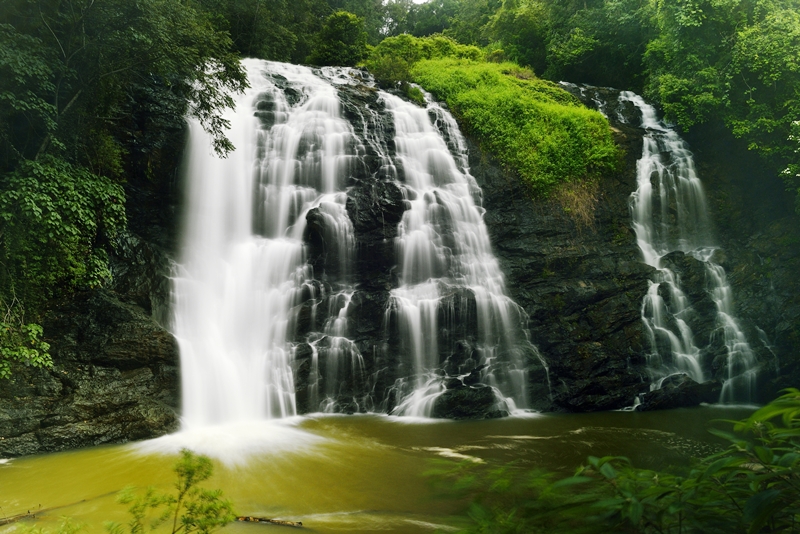
Kolkata – Gangtok – Ravangla – Yuksom – Darjeeling – Bagdogra: A Ride in the Eastern Himalayas
You have to come to Sikkim at least once to see the generosity that nature has bestowed upon it. Its mountain peaks inspire you to aim high, and its welcoming people never let you feel uninvited. The route takes you from aromatic tea gardens and peaceful monasteries to quaint hamlets. On this route, you will pass numerous settlements of the Sikkim’s tribal population, like the town of Yuksom. The historical place also holds immense religious significance among locals. The bike excursion should ideally take around 9 to 10 days to complete. Since it takes place in the Himalayas, riders here obviously have brilliant photo opp.
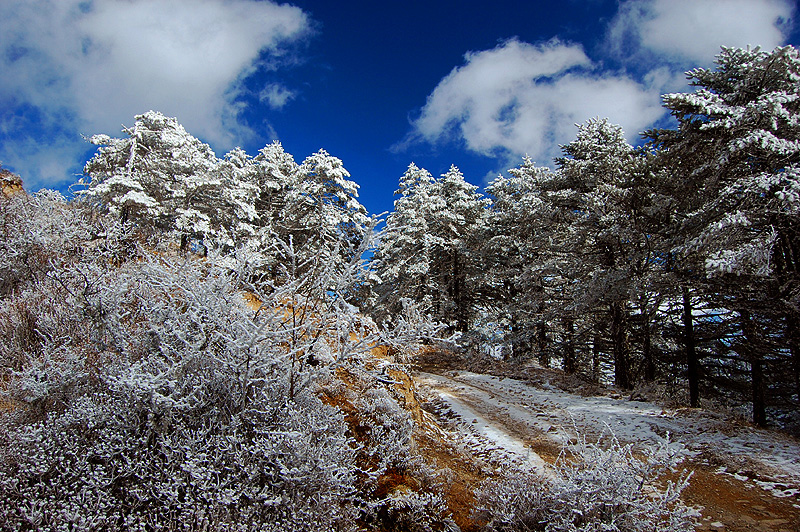
Salem – Rasipuram – Kolli Hills: A Tryst with 70 Hairpins Bends
If you live in or around Tamil Nadu, you have got to visit the Kolli Hills. The small mountain range, which reaches about 4663 feet at its highest point, is the realm of scenic views. However, if you are a rider, its geographical features and the 12th-century Shiva temple may not lure you as much as the 70 hairpin bends. While here, you can click pictures with Akasa Gangai falls. A sight of this 300-feet landform will definitely leave you speechless. The round trip between Salem and Kolli Hills sums up at around 120 km; a perfect weekend escape with the lads.
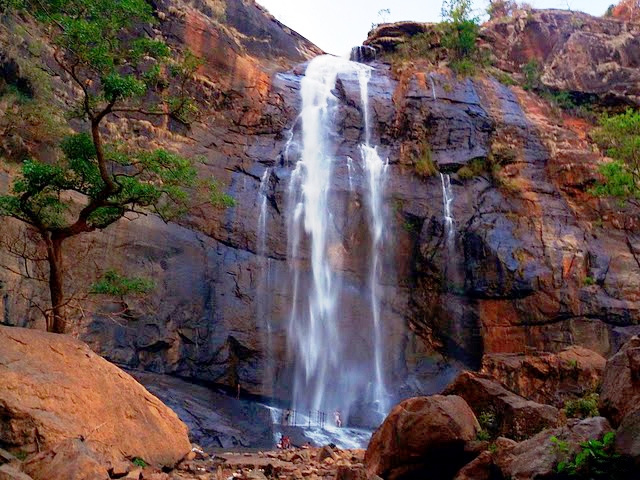
Chennai – Mahabalipuram – Pondicherry – Chidambaram -Rameshwaram – Tuticorin
East Coast Road or State Highway 49 is undoubtedly among the best places in India to go for a long ride. Stretching along the Bay of Bengal, it connects Chennai with Cuddalore, but has extended up to Kanyakumari, making it a riders’ paradise. You can begin your trip from Chennai and travel to Pondicherry via Mahabalipuram. While in the Union Territory, use your time exploring the world-famous Auroville. The quaint town of Rameshwaram will take your breath away with its beauty. It would be a mistake to not to visit the revered Nataraja Temple in Chidambaram. Some sculptures here date back to the 2nd century; how many times do you get to see something that old.
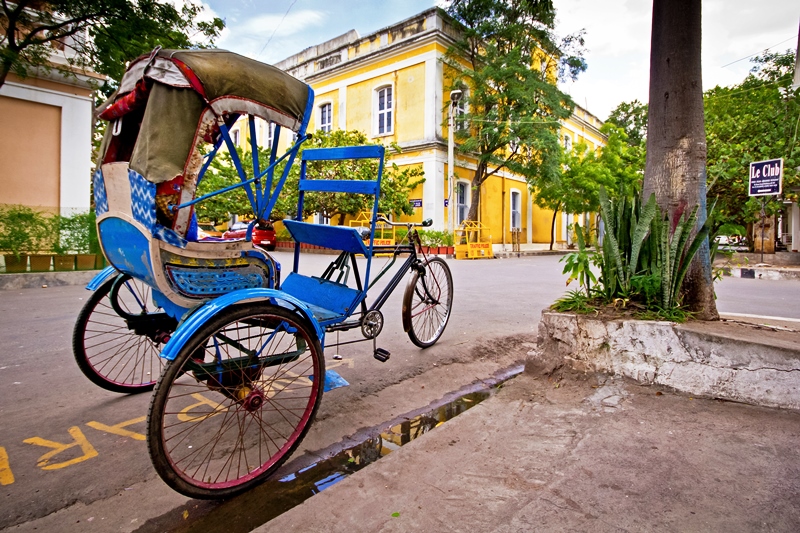
Thus said, above are the best options to go for an exciting bike trip. Just get your Bullet serviced and embark on the journey.
Whenever I ask someone if they like winters, most answer me in the negative. And I think it is justified to some extent as the season, especially in North India, brings with it coldness, smog (not fog or mist) and sometimes strong and chilly winds. The sun seldom shines, and most of the times it does, it is shadowed by the light haze, which sometimes persists for many days. At least, this is what happens in Delhi. I have been patient up till now, letting winters pass as I lay curled up in a blanket or underneath layers of clothes, but no more. Enough is enough, I say. Let us get up and go out there even in the season, when everything seems gloomy.
Contrary to our belief, winters, and specifically winters in India, are not a cause for that much worry. Compare the season in our country to some other places like the Baltic, Siberia and northern Canada, where nothing grows and temperatures of –40 degree Celsius are regular. Does any such thing happen here? No, right? Winters here are much more bearable, and we still cry about the season being too cold. And, what if it is cold?! We have thermals and woollens. So, let us put them on and head out so we can live life to the fullest, leaving the so-assumed dullness of the season behind.
Here is a description of what you could do and see in the country during the winter season.
Visit the Hill Stations of the North
India has no dearth of hill stations, and these are the kind of places I love the most. Nainital, Srinagar, Shimla, Dalhousie, Munsiyari, Manali, there are so many in the Himalayas. All these lie between elevations of 5000 feet and 10000 feet, making them ideal for a relaxed vacation. It snows in all these places, but not as much as it does higher up in the mountains. For me, this is the perfect altitude range to have fun and not be frozen by the cold. All these places have coniferous trees that are all covered with snow. I just love such sights; it is the quintessential mountain scene.
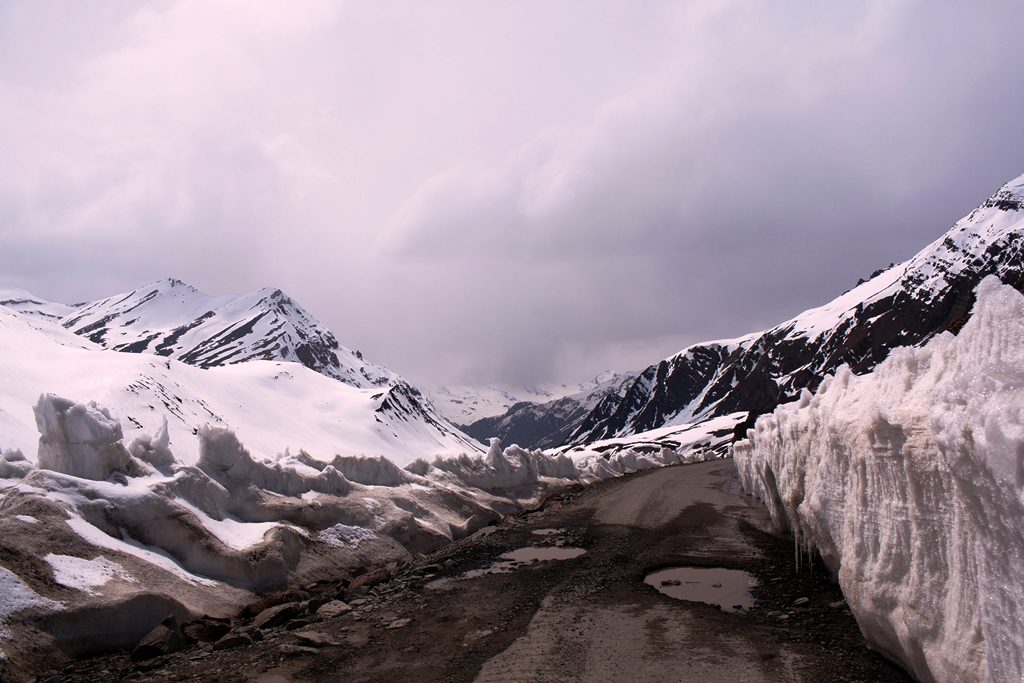
You could walk around the towns, admiring the vistas, and visit the popular places of interest there. Also, remember to try some local delicacies that would make your experience even better. If you go during Christmas, there may be some celebrations going on, especially on the Mall Road of Shimla, where the famous Christ Church is located. The Dal Lake in Srinagar is completely frozen during the season, resulting in an astonishing sight. Another such scene to admire would be of fresh snow, falling on the waters of Naini Lake as you take a walk on the quiet Thandi Sadak.
Go Trekking
Aah…trekking, a good way to explore mountains and be close to nature. Most consider trekking as a summer activity, and rightly so as the paths are clear then. But those, with an adventurous soul, can also try hiking in winters, when the landscape would be white with snow. There are numerous sites within the Himalayas, to where trekking tours are organised in the winter season. While no trek would be easy in winters, they all promise loads of thrill; is it not why we would trek in snowy conditions? For the challenge? Some of the places you could trek to in the Himalayas in winters are Naggar, Brahma Tal, Dalhousie, Kasol, Kheerganga, Tirthan Valley, Triund, Kedarkantha, Prashar Lake, Tungnath, Chandrashila, Kuari Pass and Indrahar Pass.
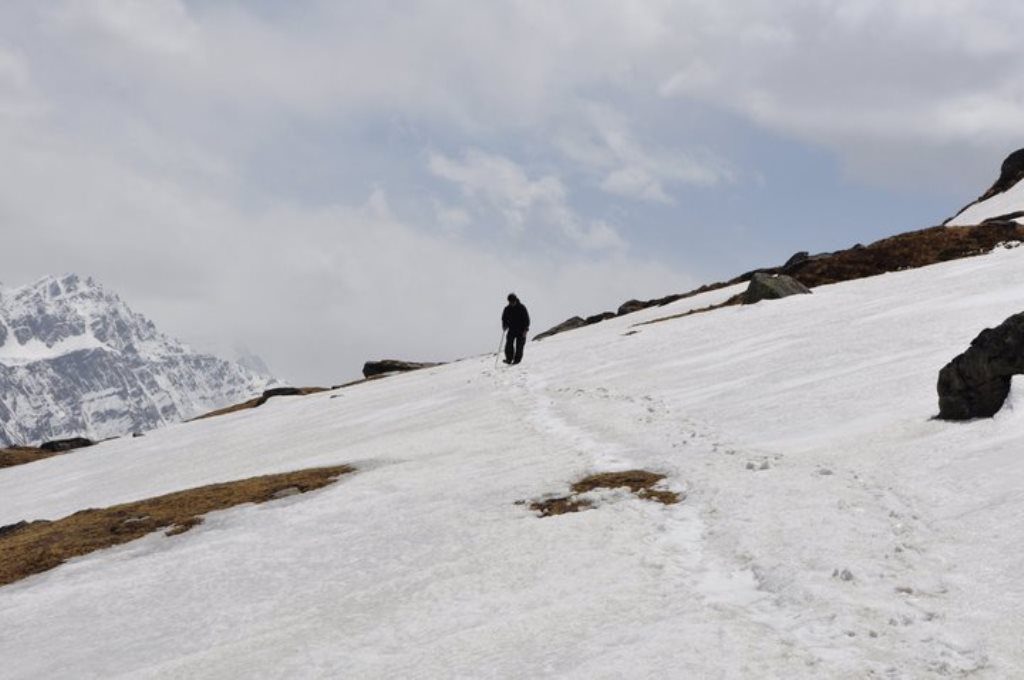
For those of you, who cannot summon the strength and courage to go trekking in snow, there are loads of hiking trails in the Western Ghats as well, where the cold will be nowhere as much as in the Himalayas. Even in the height of winters, the weather here remains cool and pleasant. The hills are not even as rugged as the Himalayas, making it is easier to hike here. So, if you are considering this option, you can go on a trekking tour to Mullayanagiri, Antaragange, Durga Hill, Ramanagara and Kodachadri.
Explore the Northeast
If you want to see primitive cultures and learn about warring peoples, then the north-eastern part of India is perfect as it is home to hordes of tribes. The summers here can be quite warm, and the rains are like a pestilence; hence, the winter season is perfect to come here. There is so much to see and do in the region that one trip will never be enough. Among the best things to do in the Northeast is taking a walk through the lush tea plantations of Assam and learning about the different types of teas produced in the state. A mystical place in Assam is the village of Mayong, where a large number of occultists, who claim to have spells to cure various diseases, live.
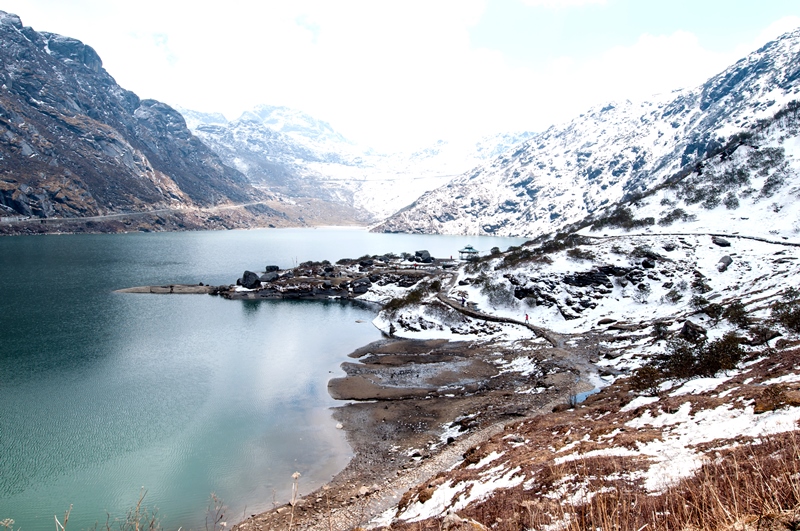
I’m personally planning to head to Meghalaya to explore astonishing caves, many of which have a river. But, what I’m most interested in is trekking to a Living Root Bridge that the locals make by letting the branches of rubber trees entwine around the trunks of betel nut trees. Nagaland is where I would be heading in order to meet the indigenous and eponymous Naga people, who have a rich warring culture. One great way would be to take trips to villages deep in the hills for a chance to stay with the tribesmen and get a first-hand look at their customs. If you don’t have that much time, then do attend the Hornbill Festival in December, where people from all Naga tribes display their dances, music, customs and food.
For those, who want to learn about the Buddhist faith, Arunachal Pradesh and Sikkim are the best places to visit in Northeast India. There are so many monasteries or gompas in these states like those in Tawang, Rumtek, Taktsang (different from the one in Bhutan), Urgelling, Bomdila, Pemayangtse and Phodang. Natural ponds like Sangetsar Lake in Arunachal Pradesh and Tsomgo Lake in Sikkim, and the town of Lachung in Arunachal Pradesh are also great destinations to explore in winters. The town, with snow-covered spruce trees, and typical mountain homes with sloping roofs, might remind you of a hamlet from a fairytale; it is that pretty!
Dare to go to Ladakh
Ladakh, the northernmost region of India, is arguably one of the best places for an adventure lover. Only the bravest venture there in winters as the season is characterised by heavy snowfall and freezing temperatures for 4-5 months at a stretch. Just reading about it gave me shivers, but I am determined to push myself to the limit, let me see what I’m made of. Though Ladakh is a summer destination, it is so famous around the world that it gets clogged with tourists during this time also. If you want a quiet retreat and desire to come face to face with its true magnificence, then winters are perfect for a visit.
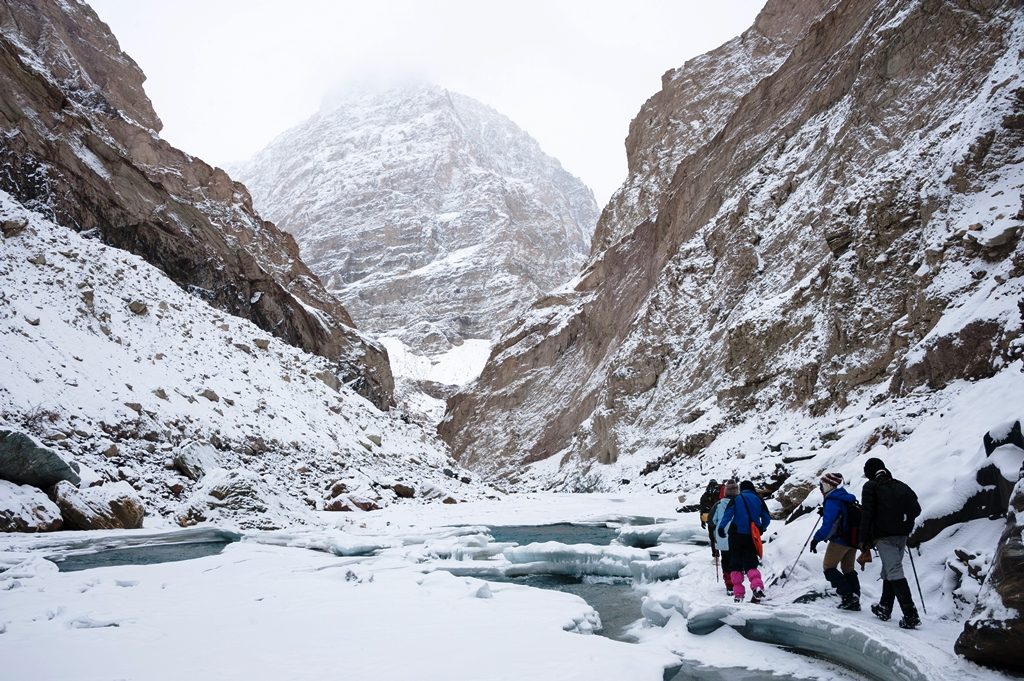
The essential thing to do here during the season is the famous Chadar Trek on the frozen Zanskar River. It takes you past numerous frozen waterfalls and lets you spend a night in a cave. You could either head to Naerak Pullu and head back to Chilling or go all the way to Lingshed, tracing the ancient route, taken by the locals of Lingshed to transport wooden logs to Leh, every year. There are so many monasteries here; many built on hills overlooking rivers. As the entire landscape would be covered in snow, the monasteries would look amazing, like something right out of Peter Jackson’s Middle Earth movies.
Try Skiing
One reason, which is desperately making me wait for the arrival of winters, is so I can go skiing. I just love watching people come down snow-covered slopes on skis, twisting right and left. I had followed the recent Winter Olympics religiously and am now determined to do it at least once. I earlier thought that the sport is only tried in places like the Rockies and Alps, but to my pleasant surprise, the Himalayas have no dearth of ski resorts. There are so many I could pick from; Gulmarg, Kufri, Narkanda, Solang Valley and Auli. Another plus about trying skiing is that many ski tops are reached by cable cars, something I really want to ride. As all these are popular destinations, they are well connected to major cities and towns; therefore, reaching them is not a problem.
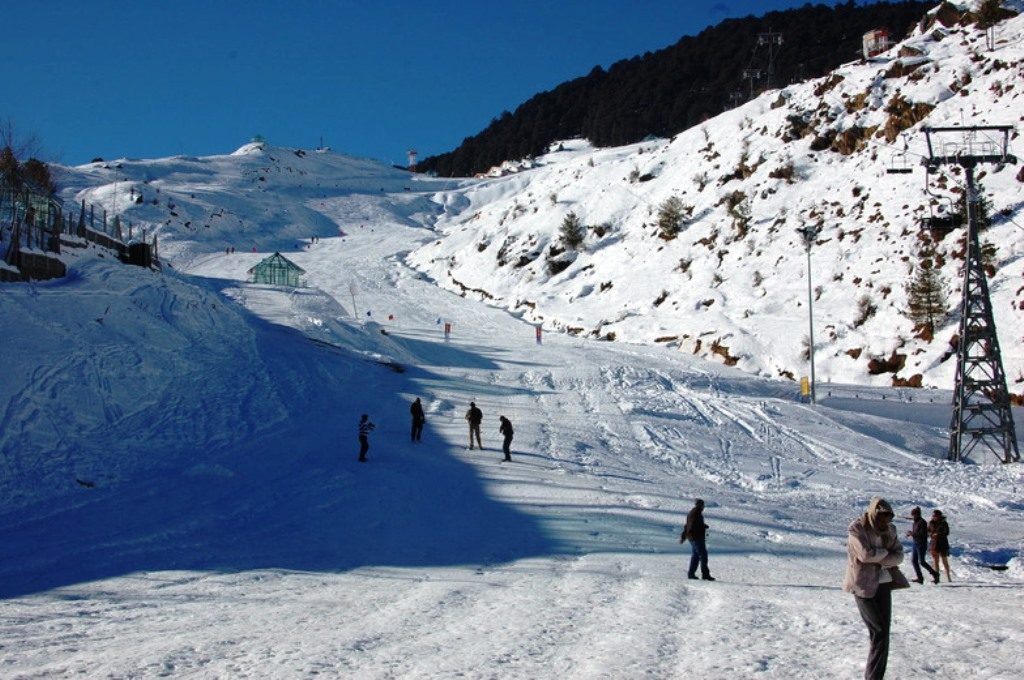
Go on Wildlife Safaris
The incredible geographical diversity of the country blesses it with an astonishing variety of animals. As the summers are quite warm and monsoons are a strict no-no for tourism in national parks and wildlife sanctuaries, winters give you the perfect chance to see India’s biodiversity. Head up North to see animals like Himalayan wolves, Tibetan wolves, black bears, Himalayan brown bears, Himalayan tahrs, bharal and yak. If you go to the Spiti Valley or Hemis National Park, then get a chance to spot the snow leopard, the Himalayas’ most celebrated predator. Peninsular India, on the other hand, is known for its wide distribution of tigers, ranging from Jim Corbett National Park in Uttarakhand all the way to Eravikulam National Park in Kerala, which is also home to the Nilgiri tahr.
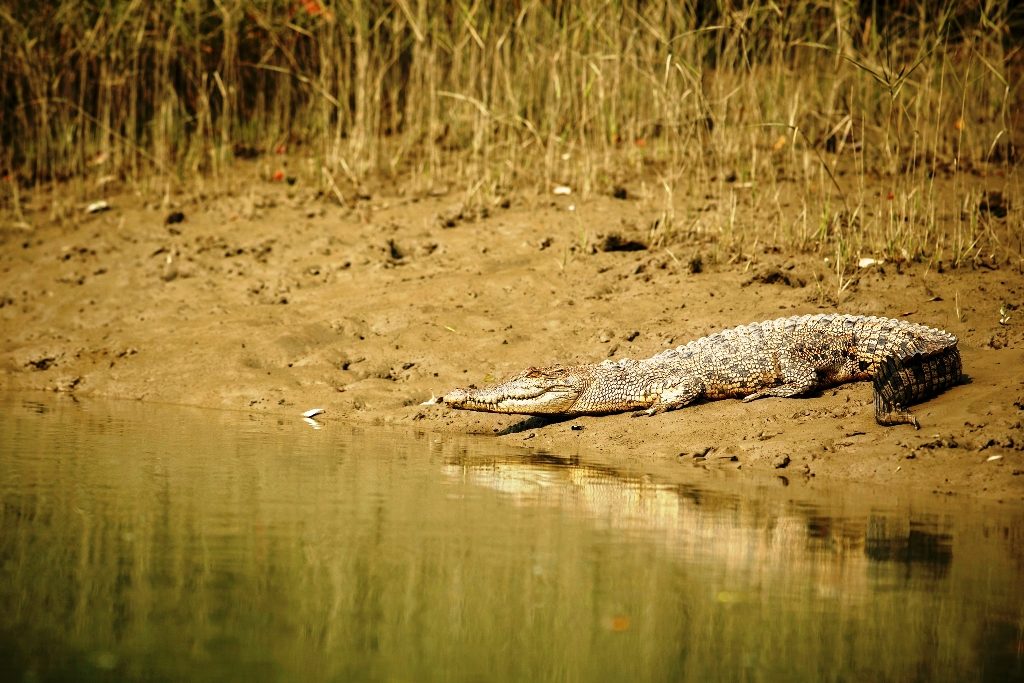
Gir Forest in Gujarat, the only home of the majestic Asiatic lion, is another must visit. If you, by any chance, like snakes (like me), then I suggest you head to the forests of Agumbe in Karnataka. Winters are when migratory birds come to India, and the Rann of Kutch, Keoladeo National Park, Chilika Lake and Sultanpur Bird Sanctuary are the best places to see them.
With so much to do and see, winters will never seem boring to you again. I for one have always loved the season for this particular reason. So, wait no more. Welcome winters with a smile, and pack your bags for a wonderful time.
“If we could see the miracle of a single flower clearly, our whole life would change.” – Lord Buddha
We would probably have to read Buddhist scriptures to know exactly what the deity meant with the quote, but one thing is for sure, the sight of flowers has the power to bring an instant smile to our face. You gift somebody even a single flower, and their mood changes at once. Imagine what seeing millions of flowers would do to you. It would not only lift your spirit, but also fill you with love and respect for nature. Flowers make even the bleakest of places colourful, vibrant and great to look at. And, the scent they radiate stimulates our senses like nothing else. Imagining standing in a vast field of flowers has made me want to go to such a place; hence, I have come up with a bucket list of such destinations around the world.
The Everest is undeniably majestic! The world’s highest mountain overlooks the world from an altitude of more than 29000 feet above sea level. This is the highest you can get without your feet leaving the ground. I have been fascinated by it, ever since I saw it first in my general knowledge book, when I was in school. At that time, I didn’t really know the true magnificence of the giant, but over the years, as I have learnt about Everest and the Everest region, I have become more and more intrigued by it.
How many times have we seen birds soar across the sky, and thought to ourselves, “Man, wish I could fly like them.” And, during one such instance of thinking about flying, it struck me…I can actually do it. No, I wasn’t all of a sudden going to sprout wings and fly like a bird. But, what I was going to do was go for paragliding, and that is exactly what I did recently. Now, before I start telling you about my experience, let me just give you an overview of the activity.
Nowadays, we hear people, especially youth, talking about travelling and exploring new places. But, what do most do? They go to places like Ladakh, Goa, Kasol and the Andaman and Nicobar Islands, making these places somewhat of a tourist cliché. What I mean is that these places have become so popular that many people visit them and there is almost nothing new left to explore. Whatever there is in such places, the tourist guide books have in their pages. So, what are we really ‘exploring’ by going to places, where already so many have been.

